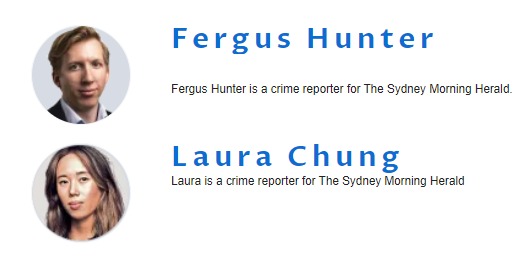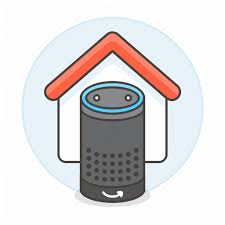We, humans, make incredibly quick judgements and assessments of people and situations the moment we ‘experience’ them. We do not realise that we are doing so. Our judgement of the ‘other’ or ‘it’ is influenced by our cultural background, perceptions based on ethnicity, age, appearance, accent, body language – and, of course, our media-inspired, pre-determined beliefs about what is real or fake.
We all have unconscious biases (UBs) affecting our behaviour, engrained in the self from childhood, unintentional and self-driven without the individual’s awareness. Unconscious Biases have been integral to my CQ workshops since 2010.
Unconscious bias is reflected in several ways. It must be distinguished from conscious biases, which we conceal for the fear of being politically incorrect. In the view of UB practitioners, they can be grouped as follows:
Affinity Bias: How often do you see people of the same culture and background etc, huddled together? We all have a tendency to join, warm up to people who are like us.
Perception Bias: A tendency to believe the ‘truth’ about a person or a group, based on stereotypes and assumptions.
Confirmation Bias: Actively welcoming people who, and ideas which, confirm our pre-existing views and thoughts on any issue.
The Halo Effect: Belief in the ‘goodness’ of a person simply because we like her/him. So we accept; we do not question.
Group Think: The tendency to fit in with the existing group in our daily propinquity. So we restrain from expressing our true opinions and feelings, just to fit in. (Incidentally, little do we realise that as a result, we blur our identity and diminish our creative, cognitive thinking).
There are more examples. My objective here is simply to start on a clean slate and record UBs as I experience them.
24 Feb 2021
I live in this marvellous, salutary community in Antara. We have the luxury of a self-contained clinic with all the mod cons of a Hospital. Two Doctors on call 24/7. As it happens, both are female. Highly competent, and I make that observation as a statement of fact, not condescendingly. But here is the thing. Other patients, and even the enlightened management, address them by the first name. In contrast, used to another value system, I address them as “Doctor”. You can feel a sense of professional pride when one does so.
The male residents here who address these female Doctors by the first name mean no conscious disparagement. In fact, there is a patina of affection in calling them familiarly, almost as if they are daughters or such. Females who address them so are, by and large, even more, solicitous in intent.
Still, at times, I detect classic UBs. For example, an aura of ‘ superiority’ is obvious in their dealing with the female Doctors; almost as if they are mere nurses. I doubt if a similar attitude would be discernible in talking to a male doctor. Even more, male or female denizens here would never call a female doctor abroad by her first name.
I reiterate that such interaction is simply an unconscious bias; no insult is intended though patriarchal/matriarchal condescension Indian-style is obvious. Still, this UB does undermines the confidence of the female doctor because her professional skills are being subsumed by condescension, however, kindly intended.
8 June 2021
Here is classic example of UB. SMH published an article today, “He’s essentially set up his own colleagues’: Pressure on Australia’s most wanted man after raids”, By Fergus Hunter and Laura Chung (June 8, 2021 — 6.36pm). But here is the killer. At the end of an article, SMH usually gives a one-liner introduction to the correspondents. And it does not take a genius to detect the unconscious bias – and it is unconscious – against women (and possibly race):




